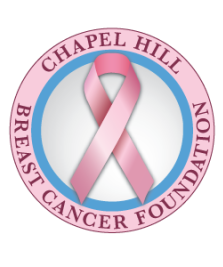Where your donations go
100% of the funds raised by the Chapel Hill Breast Cancer Foundation go directly to supporting discovery phase breast cancer research projects at Duke, UNC and Wake Forest Universities.
Research at UNiversity of north carolinaA Message from the Senior Executive Director of Development & Communications at UNC Lineberger Comprehensive Cancer Center
On behalf of the UNC Lineberger Comprehensive Cancer Center, I am very pleased to report on the great progress our scientists and care providers are making in the fight against breast cancer thanks to the incredible efforts of the Chapel Hill Breast Cancer Foundation. Click here to read more |
research at duke UNIVERSITY
A Message from Duke Cancer Institute
Thank you for your generous support. Your partnership is accelerating our progress in our mission to discover, develop, and deliver the future of cancer care…now. Here are just a few examples of Duke Cancer Institute breast cancer research that benefits from the generosity of the Chapel Hill Breast Cancer Foundation...click here to read more |
Research at Wake Forest University
Breast cancer research at Wake Forest University includes studies in immune system response, the role of Vitamin D in treating breast cancer, and a way to prevent hair loss from chemotherapy.
Your past donations are making a difference today.
Today's donations will make a difference tomorrow.
Today's donations will make a difference tomorrow.
